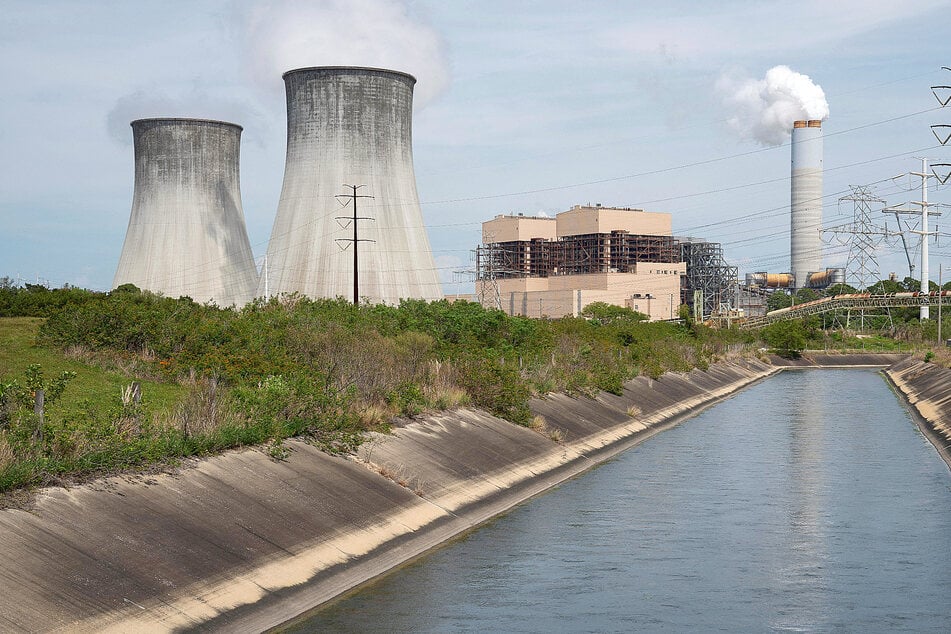Climate change is pushing US cities closer to marinating in industrial waste
New York, New York - A stockpile of industrial waste just waiting to sweep through is adding to the growing list of threats caused by climate change.

New research published in IOPScience shows that flooding, which is made worse by sea-level rise, is poised to spread toxic waste into cities and neighborhoods.
Many low-lying areas vulnerable to floods are home to heavy industry, which left chemical leftovers in the soil over the years.
New York University's Thomas Marlow, lead author on the study, told ArsTechnica that he wanted to answer the question, "What are some of the climate risks they are facing, including from extreme weather events, rainfall – that type of thing – or sea level rise?"
He and his co-authors looked at six urban areas in the US – contraining the cities of Providence, Minneapolis, Philadelphia, New Orleans, Houston, and Portland – and over 6,000 different industrial sites that are in the danger zone for flooding. By using detailed flood-risk data from the non-profit group First Street Foundation, Marlow's team found that those sites put over 500,000 people at risk, mainly lower-income and marginalized groups.
"We have all these sites. We know where they’re at," he said.
Climate dominoes
The danger of toxic waste being carried by floodwater to people's homes is just one domino effect tied to climate change.
Our planet's warming average temperature is caused by burning fossil fuels, and you can think of the greenhouse effect as the first domino.
When it falls, it pushes over the next pieces: warmer air can hold more moisture, and sea levels rise.
Those two pieces combine to create perfect conditions for more floods, causing heavier and more frequent rainfall that overwhelms infrastructure.
Climate change is bumping over dominoes that don't stand alone. Forcing people with no alternatives to deal with flooding bringing toxic waste to their doorsteps is one of the many examples of what each falling piece will unleash.
Cover photo: REUTERS